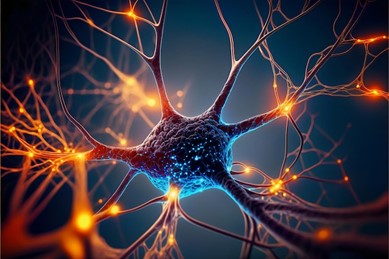The ketogenic diet, high in fats and low in carbohydrates, is a proven therapeutic approach for certain drug-resistant epilepsies in children. This special diet aims to produce ketone bodies, providing an alternative energy source for the brain. Initially used to mimic the effects of fasting, it has evolved into various forms, including the classic ketogenic diet and the modified Atkins diet.
Its efficacy is particularly notable in the treatment of various epileptic syndromes, such as infantile spasm syndrome, Lennox-Gastaut syndrome, Dravet syndrome, and other metabolic conditions like GLUT1 glucose transporter deficiency. Clinical results show a significant reduction in seizures in many patients, with a noticeable decrease in the first few months of treatment.
The diet requires careful implementation in a hospital setting and rigorous follow-up by a specialized team to minimize side effects, such as digestive disorders, nutritional deficiencies, and to monitor adherence to the diet. The initial treatment period is crucial for assessing the effectiveness of the diet, which can be maintained long-term in some patients.
Today, the ketogenic diet is an increasingly recognized treatment option, although its exact mechanisms of action remain to be clarified. Future studies will continue to explore its effects and optimize its use in managing drug-resistant epilepsies in children.
References:




